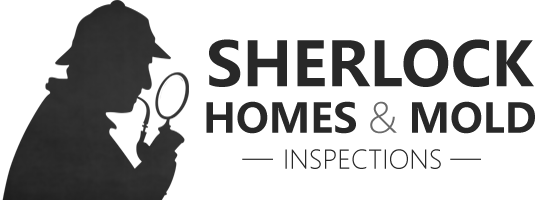Environment Canada, the equivalent of the U.S. Environmental Protection Agency, says mold growth in residential buildings poses a significant health hazard, depending on the level of exposure and sensitivity of individuals. Possible negative health effects include increased asthma-related symptoms, such as chronic wheezing and irritation, and other respiratory conditions. Environment Canada recommends that you control humidity, repair water damage, and thoroughly clean any visible or concealed mold.
You can use bathrooms fans (available to subscribers) and range hoods to control humidity in bathrooms and the kitchen; remember to vent them to the outdoors so they do their job. Also repair anything that could allow moisture to enter your home and lead to mold growth—leaky roofs; damaged or missing chimney and window flashing, shingles, and siding; and leaky pipes.
Consumer Reports recommends against using mold test kits. All those we’ve tested have had major problems and are not reliable. What’s more, identifying the mold species growing in your home is less important than eradicating it.
Don’t be alarmed if you see a little mold on your shower curtain or around your bathtub; that doesn’t usually signal a major problem. If mold covers less than 10 square feet, say in your basement or crawlspace, you might be able to eliminate the problem yourself. “Getting rid of mold” offers step-by-step instructions.
But you’ll need to hire a professional mold remediator for larger areas if you or a family member is highly allergic, if your ventilation system is contaminated, or if contaminated water is involved. “Finding a pro” offers links to government and professional associations that can help you locate a qualified contractor. An untrained contractor can actually do more harm than good by spreading mold throughout your home.

Recent Comments